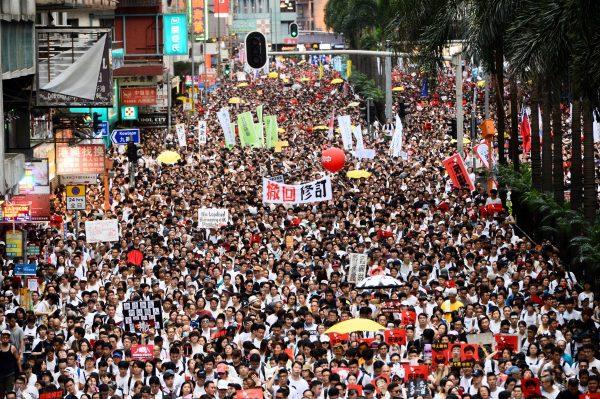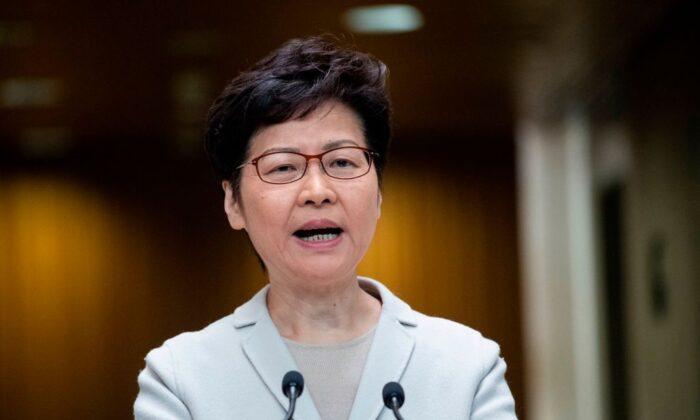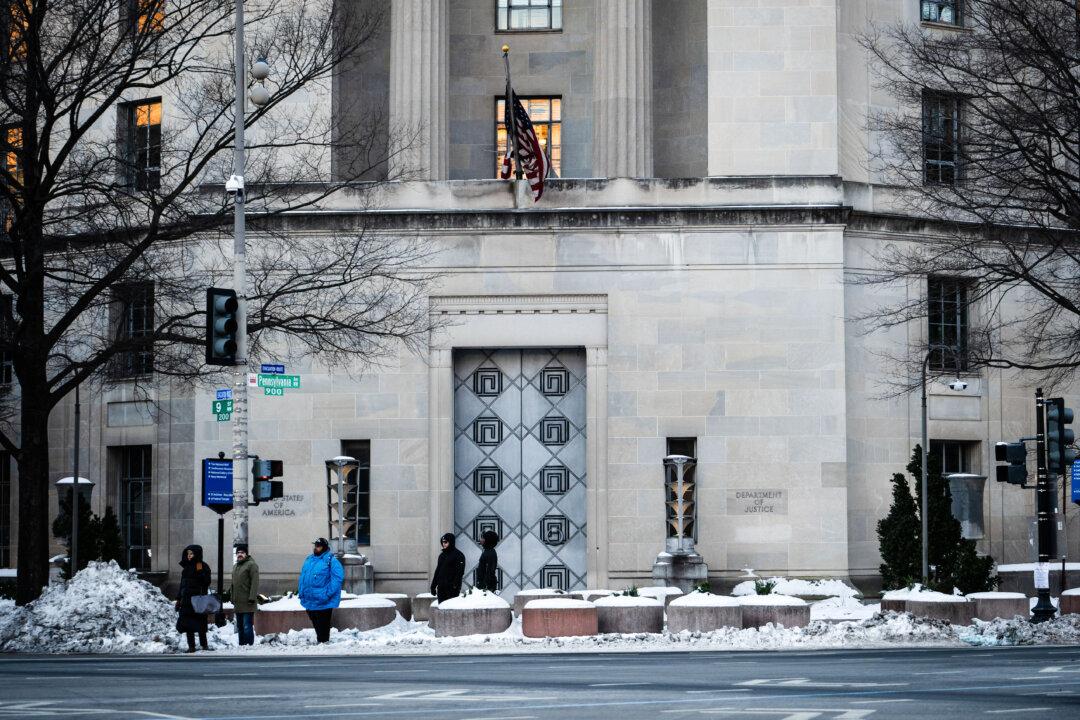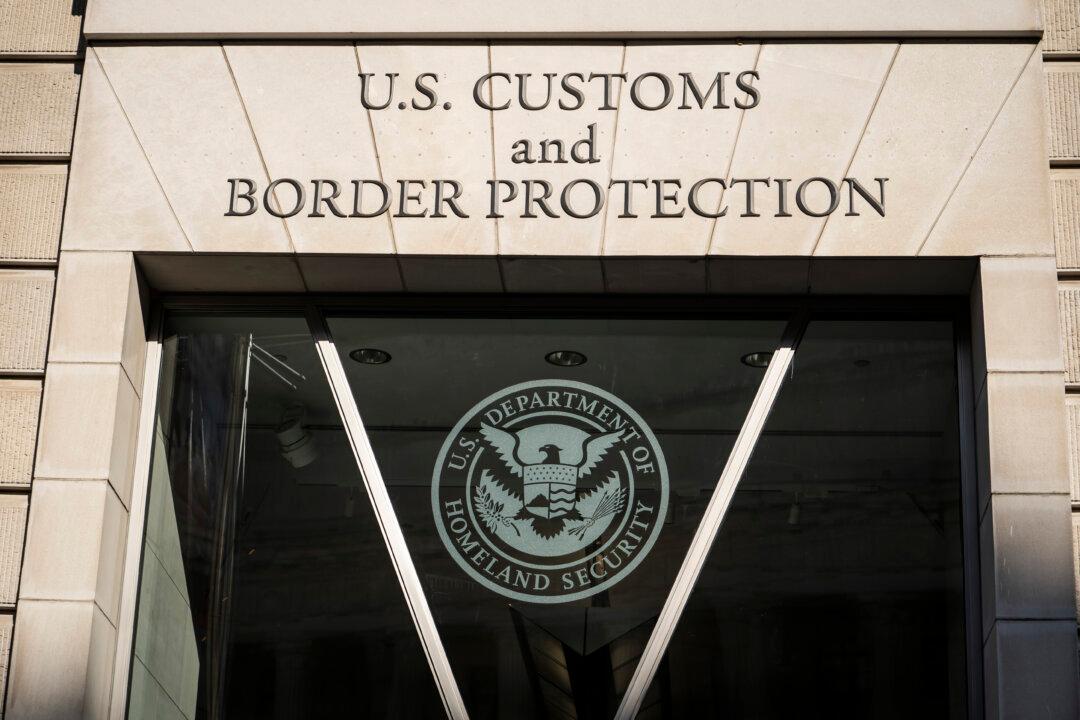Hong Kong leader Carrie Lam has refused to openly address protesters’ demands in her weekly press conference despite the opposition’s landslide victory in the city’s local district council elections days earlier.
Lam was asked twice about the protesters’ demands in light of the election results.
Since then, Lam has repeatedly said that she is reaching out to the community through her community dialogues and is restricted to this format because of recent violence.
In Hong Kong, protests are set to continue despite the election results.
It reiterated protesters’ demands including universal suffrage and an independent inquiry into allegations of police brutality.
On Nov. 24, more than 2.94 million Hongkongers cast their votes for candidates of the district council elections—a record turnout rate of 71.2 percent. Pro-democracy candidates won 388 out of 452 district seats, as the pro-Beijing camp lost more than 200 seats to pick up 59 seats.
Lam said she would not give an interpretation when asked about some analysis showing that the elections were a de facto referendum on her government.
“Hong Kong’s desire for human rights and autonomy won a resounding victory. There is a lot more work to do, but hopefully Beijing got the message that their aggression will not be tolerated,” Scott wrote.
‘Silent Majority’
Also during the press conference, Lam might have inadvertently undermined a longstanding statement by Chinese officials and state-run media, about how a“silent majority” of Hongkongers did not support the ongoing protests.“Is it not time now, six months in, to probably engage rather than just say there is a silent majority which clearly doesn’t exist?” a reporter asked.
“I did not refer to a silent majority,” Lam said, adding, “I did confess this particular election has clearly reflected many voters wanted to express their opinions and views to the government, to myself.”

Since then, Chinese state-run media have repeatedly used the phrase “silent majority” to rebuke the Hong Kong protests.
On Aug. 17, China’s state-run media Global Times reported that “the silent majority” has had enough of the weeks of protests in Hong Kong.
On Nov. 11, China’s state-run Xinhua ran a story about some locals in Hong Kong signing a petition against violence. It quoted a netizen named “KW” who expressed hope that there would be more activities in Hong Kong to support the police so that “the silent majority can speak out.”
In the press conference, Lam said she had not been asked by Beijing to seek “accountability” over the election results.
She added that the elections were fair, and held in accordance with the rule of law.
On Nov. 25, Zheng Zeguang, China’s vice foreign minister summoned U.S Ambassador to China, Terry Branstad, to directly protest the recent passing in Congress of the Hong Kong Human Rights and Democracy Act.
According to China’s Foreign Ministry, Zheng said the United States was “interfering with its internal affairs.”
Democracy Party lawmaker Andrew Wan criticized Lam after her press conference for “burying her head in the sand” by refusing to answer protesters’ demands, according to Hong Kong media.
He urged that Lam, security secretary John Lee, and justice secretary Teresa Cheng step down to help resolve the crisis.





